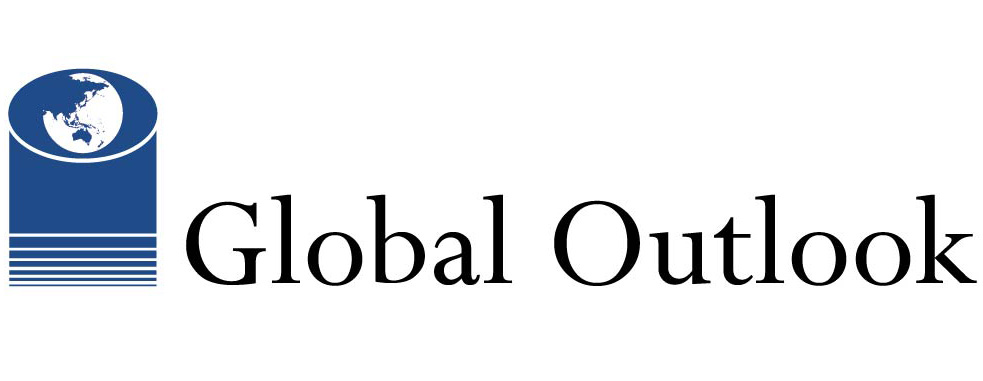
Curated expert opinion on intractable contemporary issues
Global Outlook: Global Challenges to Democracy
The Empire Has No Clothes: America's Democratic Sermons and the Authoritarian Boomerang
By Jordan Ryan | 31 October, 2025
In 2025, a startling spectacle emerges: the nation that proclaimed itself democracy's global arbiter now displays the very symptoms of authoritarianism it once denounced.
Is Street-Level Hostility a Challenge to Liberal Democracy? Reflections from Australia
By Sohail Akhtar | 07 October, 2025
In Australia, as elsewhere, legitimate concerns about housing and economic fairness can be, and increasingly are exploited by anti-democratic actors who frame migration not as a policy issue but as a cultural threat.
A Vicious Spiral: Political Violence in Fragile Democracies
By Jordan Ryan | 13 September, 2025
The assassination of conservative activist Charlie Kirk in the United States on 10 September 2025 signals a renewed threat to democratic stability in the United States and beyond.
US Bars Palestinian Delegation: A Dangerous Precedent for UN Universality
By Jordan Ryan | 04 September, 2025
While past exclusions of entry to the US targeted individuals, the revoking of visas—directed at an entire visiting leadership delegation from the PA and PLO—is without precedent in UN history.
Squaring the Circle
By Herbert Wulf | 20 August, 2025
The US president's erratic tariff policy is disrupting global political relations. Long-standing alliances are being called into question, and new, unexpected alliances appear possible..
Reluctant Truth-Tellers and Institutional Fragility
By Jordan Ryan | 19 August, 2025
In democracies under strain, the most important truths often arrive too late, uttered hesitantly by those who should have spoken earlier.
The views and opinions expressed in Global Outlook are those of the authors and do not necessarily reflect the official policy or position of Toda Peace Institute.
The Empire Has No Clothes: America's Democratic Sermons and the Authoritarian Boomerang
By Jordan Ryan | 31 October, 2025
In 2025, a startling spectacle emerges: the nation that proclaimed itself democracy's global arbiter now displays the very symptoms of authoritarianism it once denounced.
Is Street-Level Hostility a Challenge to Liberal Democracy? Reflections from Australia
By Sohail Akhtar | 07 October, 2025
In Australia, as elsewhere, legitimate concerns about housing and economic fairness can be, and increasingly are exploited by anti-democratic actors who frame migration not as a policy issue but as a cultural threat.
A Vicious Spiral: Political Violence in Fragile Democracies
By Jordan Ryan | 13 September, 2025
The assassination of conservative activist Charlie Kirk in the United States on 10 September 2025 signals a renewed threat to democratic stability in the United States and beyond.
US Bars Palestinian Delegation: A Dangerous Precedent for UN Universality
By Jordan Ryan | 04 September, 2025
While past exclusions of entry to the US targeted individuals, the revoking of visas—directed at an entire visiting leadership delegation from the PA and PLO—is without precedent in UN history.
Squaring the Circle
By Herbert Wulf | 20 August, 2025
The US president's erratic tariff policy is disrupting global political relations. Long-standing alliances are being called into question, and new, unexpected alliances appear possible..
Reluctant Truth-Tellers and Institutional Fragility
By Jordan Ryan | 19 August, 2025
In democracies under strain, the most important truths often arrive too late, uttered hesitantly by those who should have spoken earlier.
The views and opinions expressed in Global Outlook are those of the authors and do not necessarily reflect the official policy or position of Toda Peace Institute.





